This report is from Conrad Meyer, chair of Blacksmith’s board of directors, who is currently in India with Blacksmith.
Last week, we traveled to India to meet with the senior management of Gravita, an environmentally friendly recycler of used lead acid batteries (ULABs). The visit also included a tour of the company’s Jaipur facility. Gravita and Blacksmith are working together to help encourage responsible recycling of ULABs in India and elsewhere.
Worldwide, ULAB recycling takes place two ways – in facilities with proper precautions, and informally in backyards. Can you guess which approach is more extensive?
Here is a look at the two faces of the ULAB recycling industry.
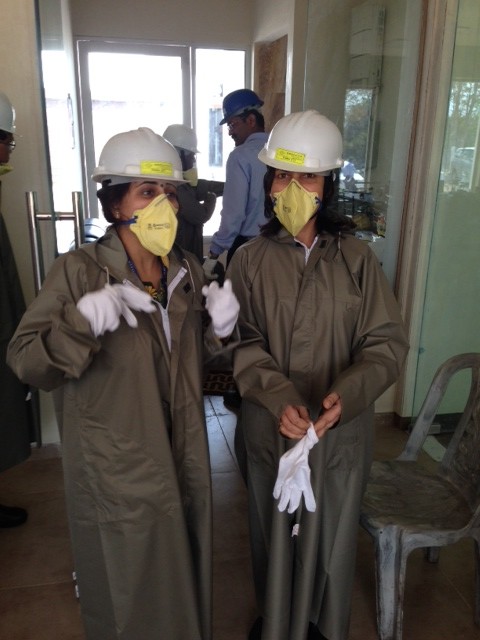
Used batteries are fed up a conveyor belt into a separator machine that crushes them and separates the plastic casing from the lead plates.
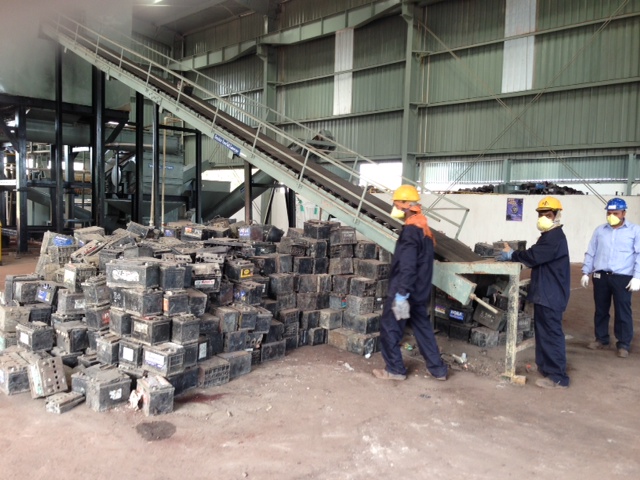
A pile of scrap lead from batteries processed in the separator, ready to be fed into the smelter.
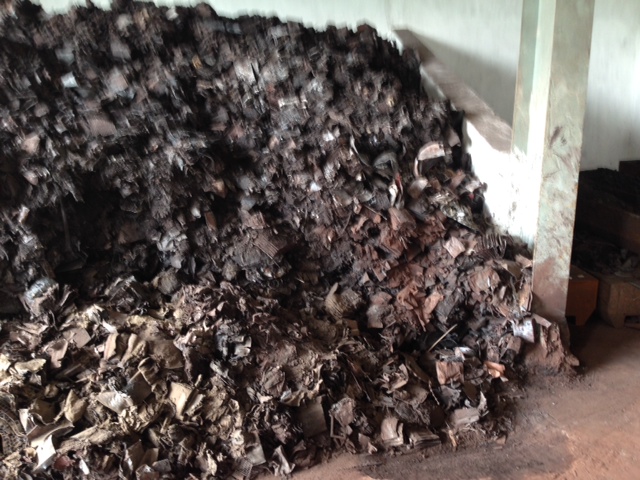
These lead smelters are used to process the lead extracted from used batteries. The smelters are equipped with extensive air handling systems to ensure toxic lead dust is filtered out.
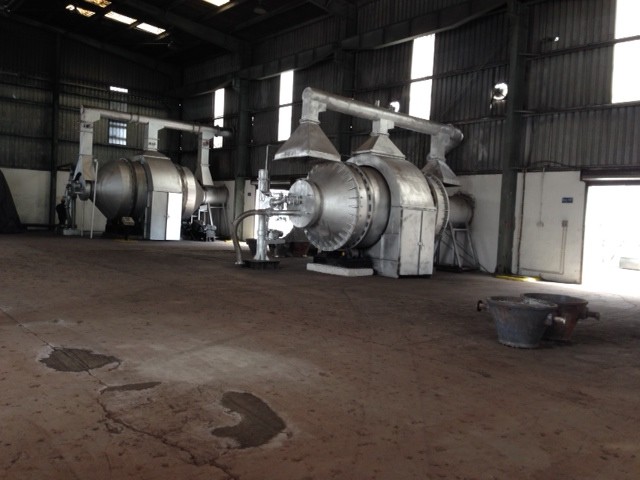
Facilities like Gravita are one of the “good guys.” During our visit, we hosted a workshop with Gravita for ULAB recycling industry participants to promote responsible recycling methods. Unfortunately, about 50% of the ULAB recycling in India looks more like this.
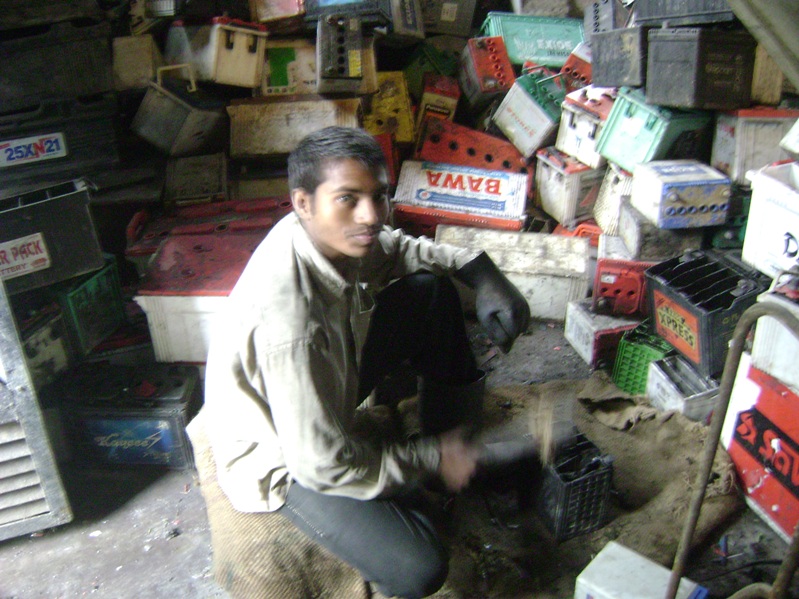
This young man in the photo above is sitting in the middle of a pile of ULABs, breaking them by hand. As you can see, he is not wearing any protective gear. He breathes in the toxic lead dust released from the broken batteries, and he also brings the poison home on his clothing, and in his hair.
Many of these informal mom-and-pop ULAB recycling operations smelt lead in backyards and even kitchens with children nearby.
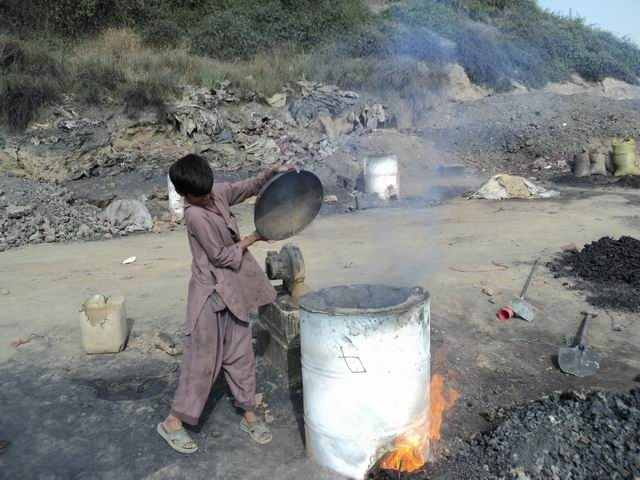
The recycling of ULABs takes place in every city in the developing world. While some recycling takes place responsibly in controlled facilities, more often they are carried out in family-run backyard operations, with little or no precautions. This is one of the world’s worst pollution problems.





